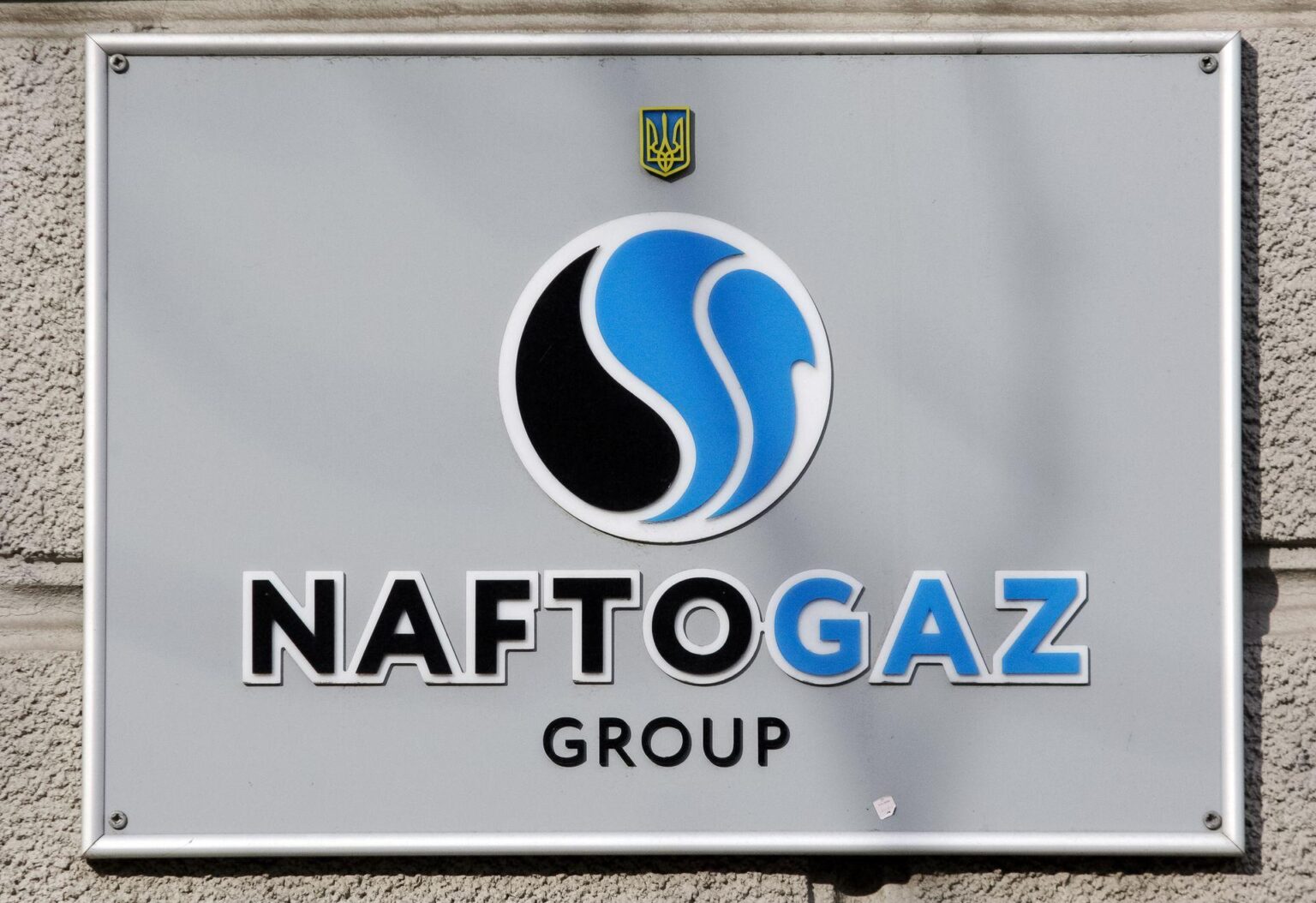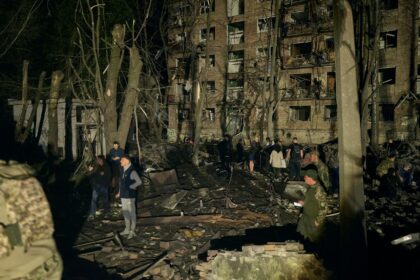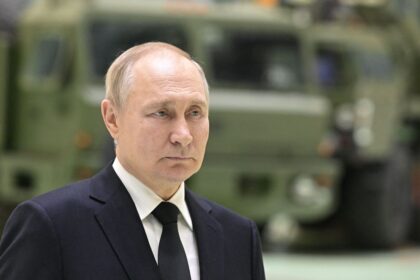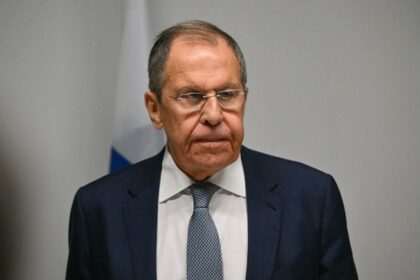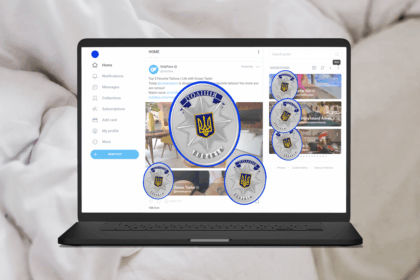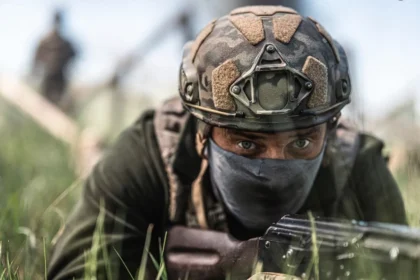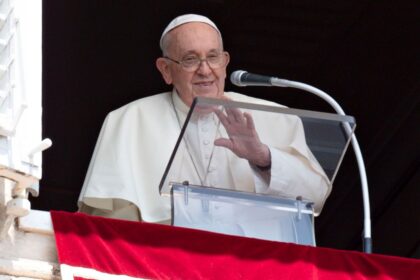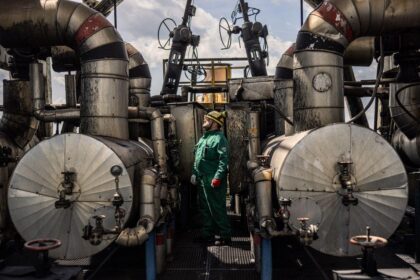**Ukraine Wins Big in International Arbitration: $6.9 Billion Award Against Gazprom**
In a significant victory for Ukraine, President Volodymyr Zelensky has announced that the country is set to receive $6.9 billion from international arbitration rulings against Russian energy giant Gazprom. This news comes as Ukrainian ambassadors are set to receive detailed instructions on how to proceed with recovering the awarded funds.
The arbitration awards were made in two separate cases, one of which was secured by Naftogaz, Ukraine’s state-owned energy company, against Gazprom earlier this year. In June, an international arbitration in Switzerland ordered Gazprom to pay $1.37 billion in damages to Naftogaz. This is just the latest in a string of legal victories for Ukraine against Russia and its energy giant.
**A Pattern of Accountability**
The Permanent Court of Arbitration in The Hague found Russia liable for the illegal expropriation of Naftogaz assets following Russia’s occupation of Crimea in 2014. A French court then authorized the enforcement of a $5 billion arbitration award against Russia for damages caused to Ukraine’s state-owned energy company Naftogaz during the occupation.
These awards demonstrate a clear pattern of accountability for Russia’s actions, and the strength of international law in holding countries responsible for their actions. As Zelensky noted, “These are absolutely fair decisions that demonstrate the responsibility of Russia and Gazprom.”
**What This Means**
Under international law, arbitration awards can be enforced in multiple jurisdictions through domestic courts. If a defendant’s state fails to pay voluntarily, creditors can seek to seize foreign-held assets to satisfy the judgment. In this case, Ukraine is set to receive $6.9 billion from Gazprom, which will go towards recovering funds that were lost due to Russia’s occupation of Crimea.
For Naftogaz, one of Ukraine’s largest energy firms, this award comes as a significant relief. The company lost critical infrastructure, natural gas reserves, and service networks in the region during the conflict. Its case against Russia became one of the most high-profile corporate arbitration claims against Russia following the start of the war in 2014.
Read More @ kyivindependent.com




